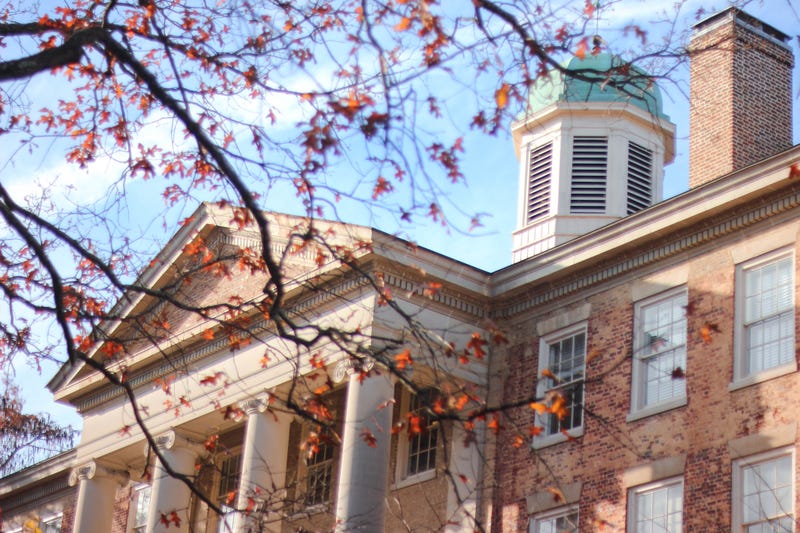
As the U.S. Supreme Court prepares to rule on two cases involving race at higher education institutions, a new poll found that 62% of Americans say race and ethnicity should not be a factor in admissions.
This Reuters/Ipsos poll included 4,408 adults polled from Feb. 6-13. Of those polled 73% of Republicans and 46% of Democrats said they were against “race-conscious admissions, or affirmative action,
Affirmative action “refers to policies and practices designed to increase opportunities for historically underrepresented groups,” such as women and Black Americans, according to the Smithsonian. It was introduced in the 1960s.
While 67% of white respondents of the recent poll said they were against considering race in admissions, 52% of minority groups were also against considering race. Overall, 46% of respondents said social policies such as affirmative action discriminated unfairly against white people, including 49% of white respondents and 39% of minority respondents.
Students for Fair Admissions, the group at the center of both Supreme Court cases, has filed lawsuits against colleges that include Harvard and the University of North Carolina.
“In the case involving the University of North Carolina, Students for Fair Admissions argues the college discriminates against white and Asian applicants by giving preference to Black, Hispanic and Native American students,” according to the University of Virginia.
According to Reuters, “most Supreme Court justices signaled sympathy last year for the arguments made against affirmative action,” although a 2016 precedent and others have allowed schools to use race as a factor in admissions.
“I speculate that the court’s conservative supermajority wants to overturn,” previous precedent, said Kim Forde-Mazrui, director of the Center for the Study of Race and Law at the University of Virginia School of Law. “If you look at the conservative justices, they are all likely against affirmative action. We don’t know for sure about some of the newer justices, but we know Samuel Alito, Clarence Thomas and John Roberts, they all voted to strike down affirmative action in the Fisher case.”
Forde-Mazrui said that some states – such as California, Washington, Michigan and Florida – have already banned affirmative action. If the Supreme Court rules in favor of Students for Fair Admissions, schools across the country “will be scrambling,” like universities in those states, he said.
“Universities in these states have come up with ways to attempt to admit fairly diverse classes through race-neutral criteria, such as looking more to socioeconomic disadvantage and personal essays that describe unusual or challenging backgrounds and experiences,” Forde-Mazrui explained.
“The level of racial diversity at such schools, however, has not been as robust as it would be if race could be considered.”
While most Reuters/Ipsos survey respondents said they did not think race should be a factor in college admissions, more than half (58%) said they would support “programs aimed at increasing racial diversity of students on college campuses.”
The Supreme Court is expected to rule on both of the Students for Fair Admissions cases in the spring.


